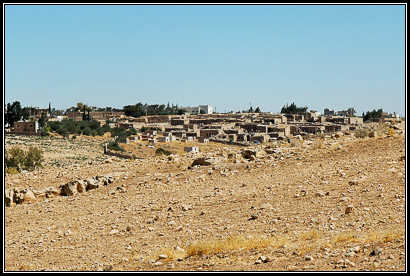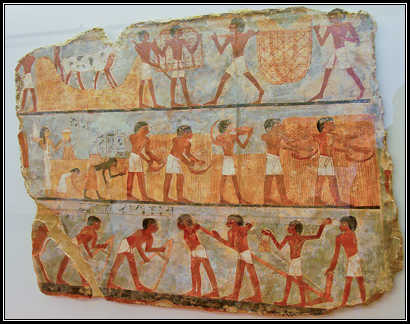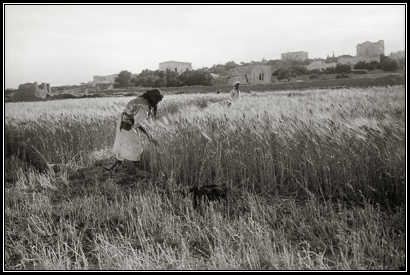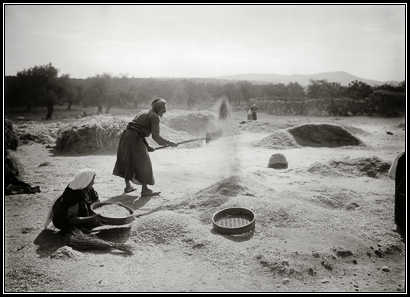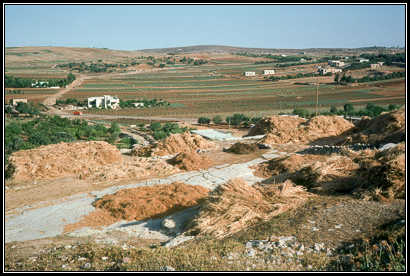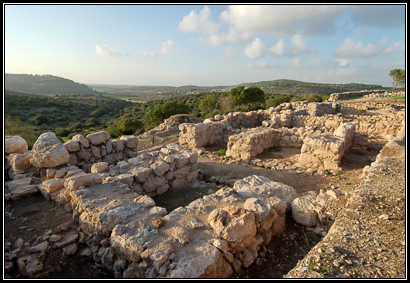Last year we released the first four volumes in the Photo Companion to the Bible series. We have been very encouraged by many enthusiastic responses we have received about this collection. Today we are excited to announce a new volume: The Book of Ruth. This little gem of a book is full of cultural and geographic scenes, and our team had a delightful time pulling together photographs that bring light to the backgrounds and customs of ancient times.
I think that this volume will always be one of my favorites. I love the story, and using both modern photographs and historic images, we have created a collection that is beautiful, extensive, and unique. With 350 images illustrating these four chapters, this will be a valuable resource for a long time. Everything is in PowerPoint, and many notes are included to explain what you are looking at.
We are selling the collection for only $20 this week. Whether you are studying or teaching the book now or later, this is the time to pick up a copy for the lowest price. You might think about whether it would also make a nice gift for a friend, teacher, or pastor. The $20 price includes free shipping (in the U.S.) and immediate download.
Keep reading to see some of the photos from the Ruth collection as well as a new resource we’ve developed especially for those traveling in the United States this summer.
Todd Bolen
Photographer, BiblePlaces.com
Professor of Biblical Studies, The Master’s University
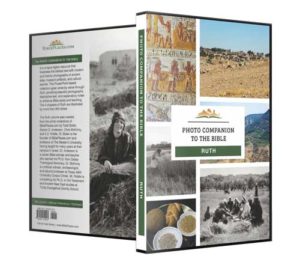

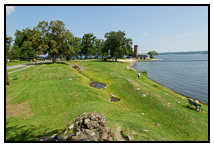 family, I should stop at Chautauqua Institution and see the
family, I should stop at Chautauqua Institution and see the 


